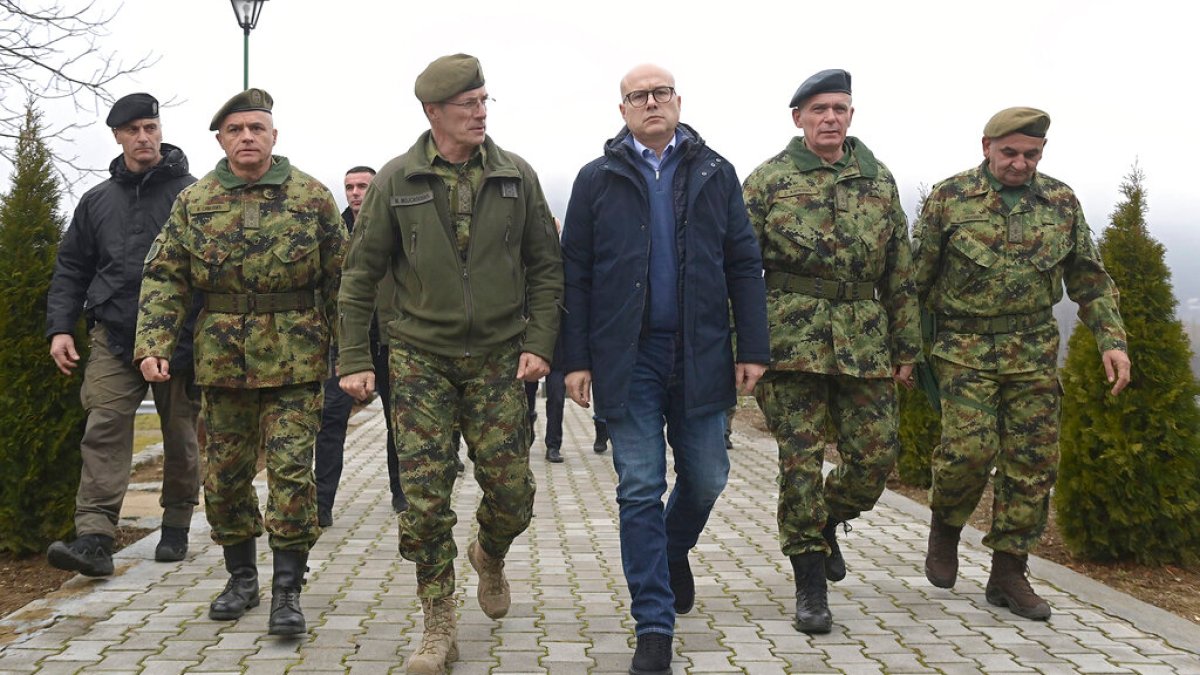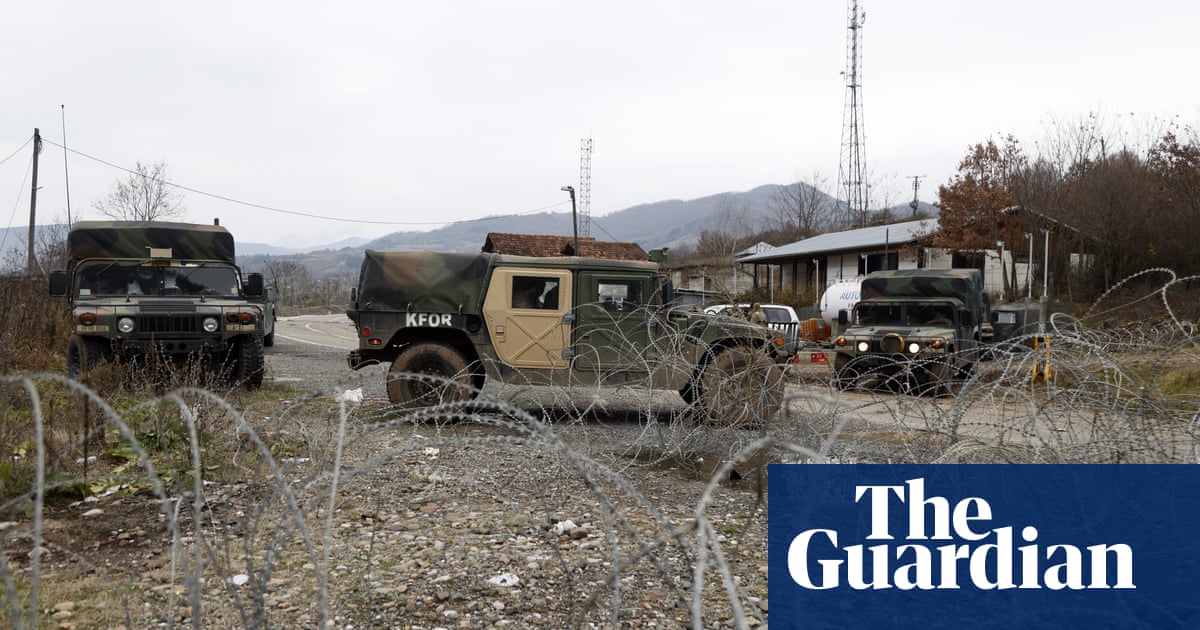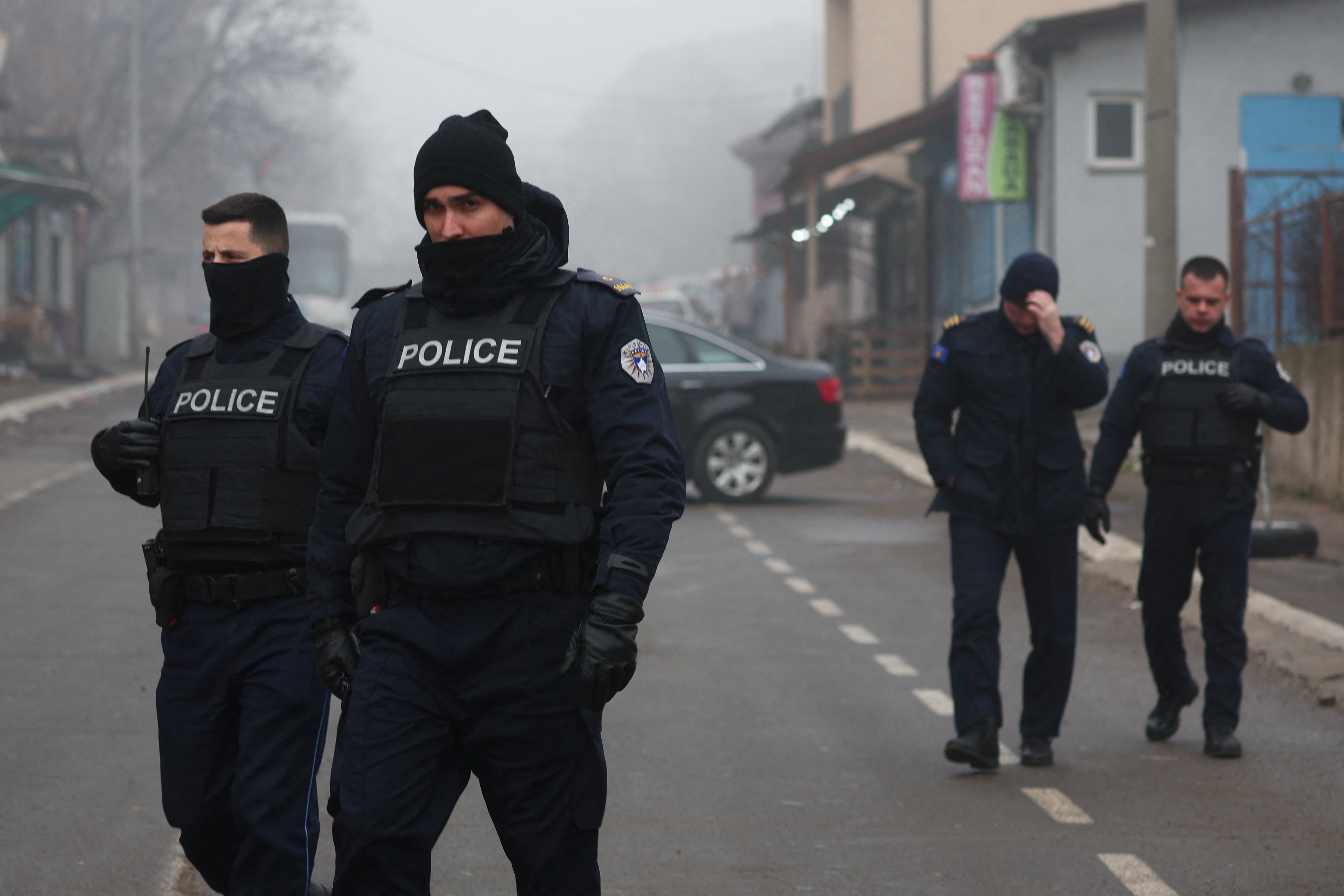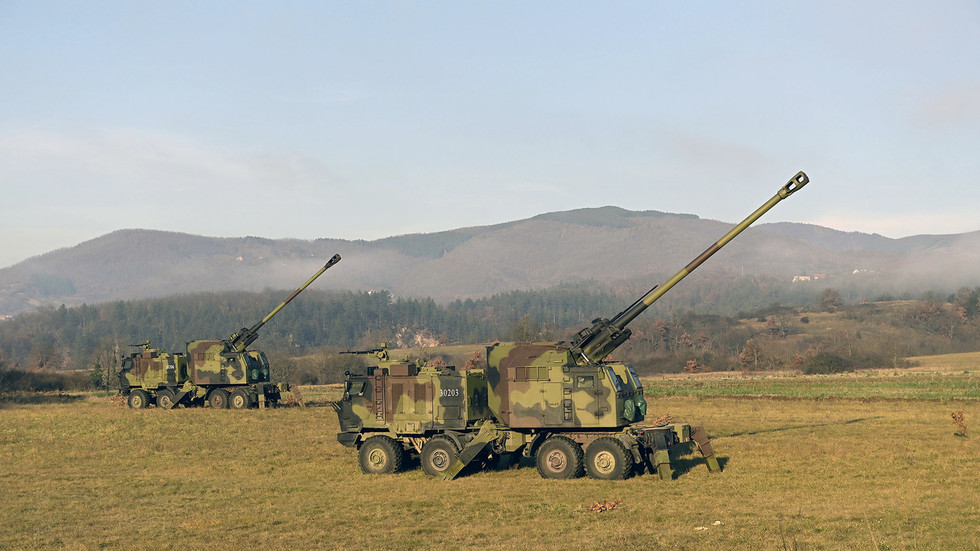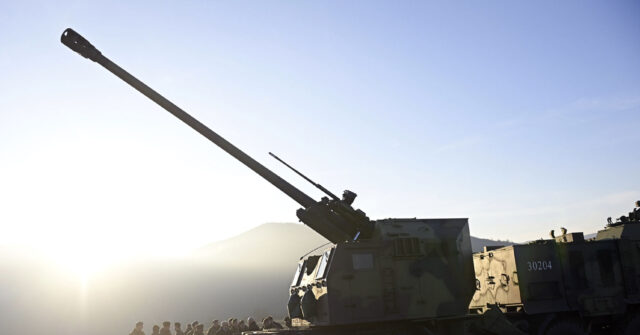Kosovo: Serbs Revoke Troop Alert, Start Removing Barricades

The Facts
Serbian state-run RTS television announced Thursday that the army had revoked the high combat alert on its troops on the border with Kosovo as ethnic Serbs started dismantling roadblocks they had set up in northern Kosovo, defusing weeks of agitation in the Balkans.
The apparent easing of tensions comes after ethnic Serbs held talks with Serbia's Pres. Aleksandar Vučić on Wednesday following the decision of a Kosovo judge to release the ethnic Serb ex-police officer, Dejan Pantić, from custody.
The Spin
Establishment-critical narrative
This conflict has been turned into another proxy war waged by the West over energy. With memories of NATO's bombing of Belgrade in the 1990s still fresh and the US and EU's current backing of Ukraine, it's no wonder Serbia has been looking eastward for both financial and political support. Europe, however, knows it has an economic stranglehold on Serbia, which is why it's pressing the Balkan state so hard to ditch Russia and China and succumb to the progressive green energy plans of Brussels and Berlin.
Pro-establishment narrative
Russia's war in Ukraine has prompted valid concerns that Moscow's ally Serbia could play the same card against Kosovo, especially given that neither country recognizes Kosovo as a sovereign state and both share aggressive political rhetoric. The main difference between the fate of Kyiv and Pristina lies in the presence of NATO forces in Kosovo, which has so far deterred Belgrade from waging armed conflict and restrained it from disinformation tactics and propaganda.

